The Pain of Anticipatory Grief
Grief is usually associated with the mourning process that comes after a loved one dies. But, in most cases, grief actually begins well before death. This is true both for the person who dies, who begins to mourn his or her own approaching death, as well as their friends and family who are experiencing their approaching loss.
This form of grief is called Anticipatory Grief. It is defined as:
“Anticipatory grief refers to a feeling of grief occurring before an impending loss. Typically, the impending loss is the death of someone close due to illness.”
Anticipatory grief begins with an individual’s awakening to the reality of her mortality or the mortality of a loved one. It can be activated when some physical event (a cancer diagnosis) or developmental milestone (e.g. turning 75) triggers an individual to focus on death. It signals a shift in perspective – a new way of looking at both life and death. It is a transition from focusing on all the life there is ahead, to beginning to think about how little time there is left. This movement from opportunity to limitation, from life to death, is the hallmark of anticipatory grief.
Aging and Anticipatory Grief
Age, rather than a terminal illness, is the most common trigger for anticipatory grief. As people age and enter their “elder years” they gain an understanding that death is a reality and moving closer. They may believe that they may have many years left – but at the same time they know that their time may be much shorter. They just can’t know.
This realization is compounded as friends and family die and as they read about celebrities dying at their age or younger. This realization can begin slowly, but as they gradually come to accept the reality of their eventual death, they begin to suffer an anticipatory grief response. They look around at the people, places, excitement and beauty in their world, and realize that this will all be lost to them. And with that realization they begin to feel the pain of loss.
“Despair is the price one pays for self-awareness. Look deeply into life, and you'll always find despair.”
― Irvin D. Yalom, When Nietzsche Wept
Survival as a trigger for Anticipatory Grief
For some, the awareness of mortality comes early in life; when they survive a serious illness or injury. Paradoxically, while surviving a cancer or a heart attack can be very life affirming, it is also very death affirming.
A “brush with death” makes very real the fragility of our existence and reminds us that we can be taken at any time. This realization of one’s own mortality can initiate a mourning of the “impending” death starting at any age. Unfortunately for some, this death anxiety causes healthy individuals to start mourning their death decades before they die.
“...the more unlived your life, the greater your death anxiety. The more you fail to experience your life fully, the more you will fear death.”
― Irvin D. Yalom
Endless grief
Historically, anticipatory grief was a relatively short experience. Until recently the space between becoming old and dying was brief, the time between getting ill and dying was even shorter. But, with today’s medical interventions, it is not uncommon to receive a terminal diagnosis, and live on for years or even decades. Moving from treatment regime to treatment regime, enrolling in clinical drug trials, the patient can get on a roller coaster of unexpected recoveries, followed by traumatic relapses, only to rally and move into remission, time and again.
This drawn out cycle of grief and hope is a key element of caretaker burnout. And the patient, as well as their family and friends, go through repeated rounds of hope and anticipatory grief over and over.
Is it depression or anticipatory grief?
A common complaint among seniors is a sense of emptiness, unhappiness, and loss of meaning. And, all too often, healthcare providers interpret these expressions as symptoms of clinical depression.
In my experience what many therapists, and the patients themselves see as depression is actually the impact of Anticipatory Grief. While the symptoms may be similar to depression, their origin is very different. Some of the forces that contribute to these depression-like symptoms include:
Crisis of Meaning: The individual is paralyzed by the question “did my life have any meaning”. This can become a deep pit of spiritual loss. This is especially true for those who have less than satisfactory lives – and carry many regrets or resentments over how their life turned out.
Detachment: As they feel that life is about to be snatched away from them, they detach from the people and activities in their life; as if to protect themselves from the coming loss.
Hopelessness: They know that death is inevitable, and nothing can be done to stop is arrival. They feel like “sitting ducks” just waiting to be taken.
Rather than pathologizing these experiences as depression, a more constructive approach is help the client find meaning – attach – and discover hope.
The myth of mourning before death
You will often hear a surviving spouse say something like “I did all my mourning for her while she was ill, I’ve already mourned.” I don’t believe that is an accurate description of the process. I think its true that we mourn for them while they are dying, but that doesn’t use up our resources of grief.
I believe that in the case of a spouse or parent who is ill for a long time before dying, we are worn down by the all the Anticipatory Grief. And, when the final end comes, we feel “mourned out”. But really, we’re just worn down. In a few weeks or months, as we regain our strength, there will be a renewed grieving process for the loss.
Lack of support for Anticipatory Grief
As many of us have experienced, friends and family have only a limited ability to support grief after death. After only a few weeks they begin to urge the griever to “move on” or “be brave” or even “get over it”.
But, as little tolerance as they have for grief after death, they have virtually no tolerance for grief before death. Unless they have had the experience themselves, they will have a great deal of difficulty relating to the griever’s pain. In fact, they may actively chide the spouse/child for “giving up hope”, “focusing on the negative” telling them that they should “enjoy him while he’s here” and the classic “be grateful for the time you have with her”.
Completely missing the fact that this individual needs as much support in mourning the loss to come as they will in mourning the final event.
Dealing with Anticipatory Grief
Anticipatory Grief is an inevitable part of life. As we watch ourselves and loved ones age, we feel the pain of the future loss. As we take care of loved ones in their illness, we feel the pain of the future loss. As we grapple with the idea of our own mortality, we feel the pain of the future loss.
The answer is not to fight this awareness and pain, but to accept it as a part of life. By feeling the pain of loss, we diminish the pain of loss. By opening ourselves to the reality of loss we free ourselves from the pain of resisting the loss. And by being willing to explore the meaning of life, we find greater meaning.
Here are some other blog posts you might find useful.




